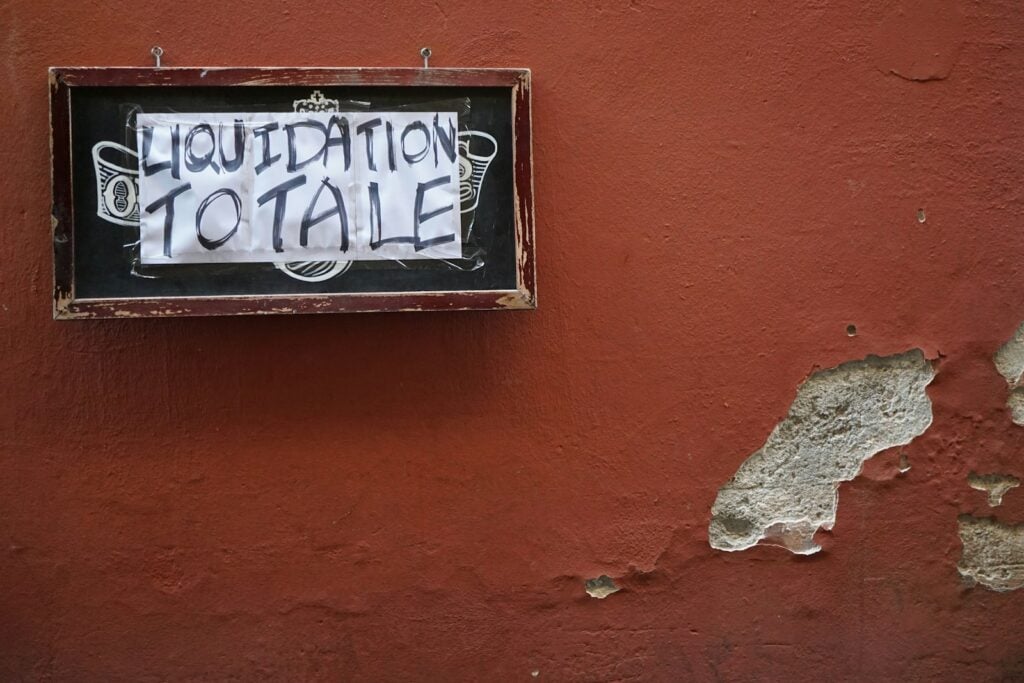Collective domiciliation allows several companies to share the same business address. This regulated arrangement is subject to strict rules. The obligations of the parties and the penalties for non-compliance are clearly defined by law.
Joint domiciliation scheme
Collective domiciliation is an agreement, not a simple fact. Unlike domiciliation in residential premises, it is a tolerated option, not an absolute right.
The law of 1 August 2003 restricted this option to legal entities. The law on the modernisation of the economy of 4 August 2008 corrected this restriction. From now on, individuals can also benefit from this option if they are registered in the Trade Register or the Trade Register.
Self-employed entrepreneurs not subject to registration remain excluded from this scheme. This extension to individuals is a useful addition to possibilities for domiciliation in residential premises.
The domiciliation contract: conditions and formalities
Collective domiciliation is based on a mandatory written contract. This document must be submitted with the application for registration and entered in the Trade and Companies Register.
The contract is precisely defined:
- The identity of the parties
- The duration of the agreement (minimum three months, renewable)
- Cancellation conditions
- Reciprocal commitments
This contract must be provided to the registry, which will also mention the identity of the domiciliary company. This requirement guarantees the transparency of commercial relations.
There is one notable exception: companies and their subsidiaries that have their registered offices in the same premises, where one of them has the use of the premises, are exempt from this formality.
Status and obligations of the domiciliation agent
Compulsory prefectoral approval
The domiciliary must obtain prefectoral authorisation before commencing any activity. This authorisation is issued by the departmental prefect or by the police prefect in Paris.
The application for approval includes:
- Precise identification of the applicant
- The address of the proposed premises
- Justification of the material resources available
- Guarantees of the good character of directors
The authorities have two months to examine the application. If no response is received within this period, approval is deemed to have been refused. The aim of this strict procedure is to guarantee the reliability of service providers, as emphasised by our guide to commercial domiciliation.
Reasons for refusal or withdrawal of approval
Approval will be refused if the domiciliation agent or its directors:
- Sanctions imposed as part of collective proceedings
- Convicted of serious offences (fraud, money laundering, tax fraud)
- Do not have suitable premises
These requirements reflect the legislator's desire to prevent abuse and combat fraud. Approval is valid for six years.
Material requirements
The direct debit agent must make the following available:
- A room that guarantees confidentiality
- A space for meetings of management bodies
- Means for preserving legal documents
These material conditions clearly distinguish collective domiciliation from a simple letterbox. Compliance with them is effectively monitored. Case law punishes situations that are manifestly unsuitable, as illustrated by the decision of the Paris Court of Appeal on 25 October 2002 condemning the domiciliation of 58 companies in a single 40m² room.
Specific obligations of the parties
Commitments of the domiciliation agent
The service provider undertakes to:
- Inform the Registrar of the end of the contract
- Provide bailiffs with the necessary information
- Checking that the direct debit has fulfilled its obligations
- Receive mail and notifications
These obligations are punishable by law. Failure to comply is punishable by a 5th class fine.
Commitments of the domiciled person
The domiciled company must:
- Make effective use of the premises as headquarters
- Inform the domiciliation agent of any changes in its business activity
- Notify us of any change of address
- Notifying changes to the articles of association for legal entities
This contractual relationship creates a tacit mandate enabling the domiciliation agent to receive notifications intended for the beneficiary.
Legal nature and control of collective domiciliation
Legal status
The domiciliation contract is first and foremost a contract for the provision of services. Its precise legal classification remains a matter of debate.
Case law has sometimes likened it to a lease (Soc. 29 June 1960) or a precarious occupation agreement (Civ. 3e, 14 Nov. 1973). None of these classifications perfectly matches the hybrid nature of the agreement. The offices made available are generally interchangeable and do not constitute premises within the meaning of commercial property.
This distinguishes it from other forms of direct debit and has an impact on the choice between different domiciliation solutions.
Tighter administrative controls
Article L. 123-11-6 of the French Commercial Code gives labour inspectors and social security agents the power to monitor and punish breaches of regulations.
This system, reinforced by the Order of 30 January 2009, reflects the desire to combat abuses. The penalties provided for are dissuasive:
- Six months' imprisonment
- 7,500 fine for practising without authorisation
This increased surveillance reflects the balance sought between freedom of enterprise and fraud prevention.
To secure your choice of collective domiciliation and check that your situation complies with current regulations, contact our law firm for personalised advice.
Sources
- French Commercial Code, articles L. 123-11 to L. 123-11-8, R. 123-166-1 to R. 123-170
- Order 2009-104 of 30 January 2009
- Law no. 2008-776 of 4 August 2008 on the modernisation of the economy




